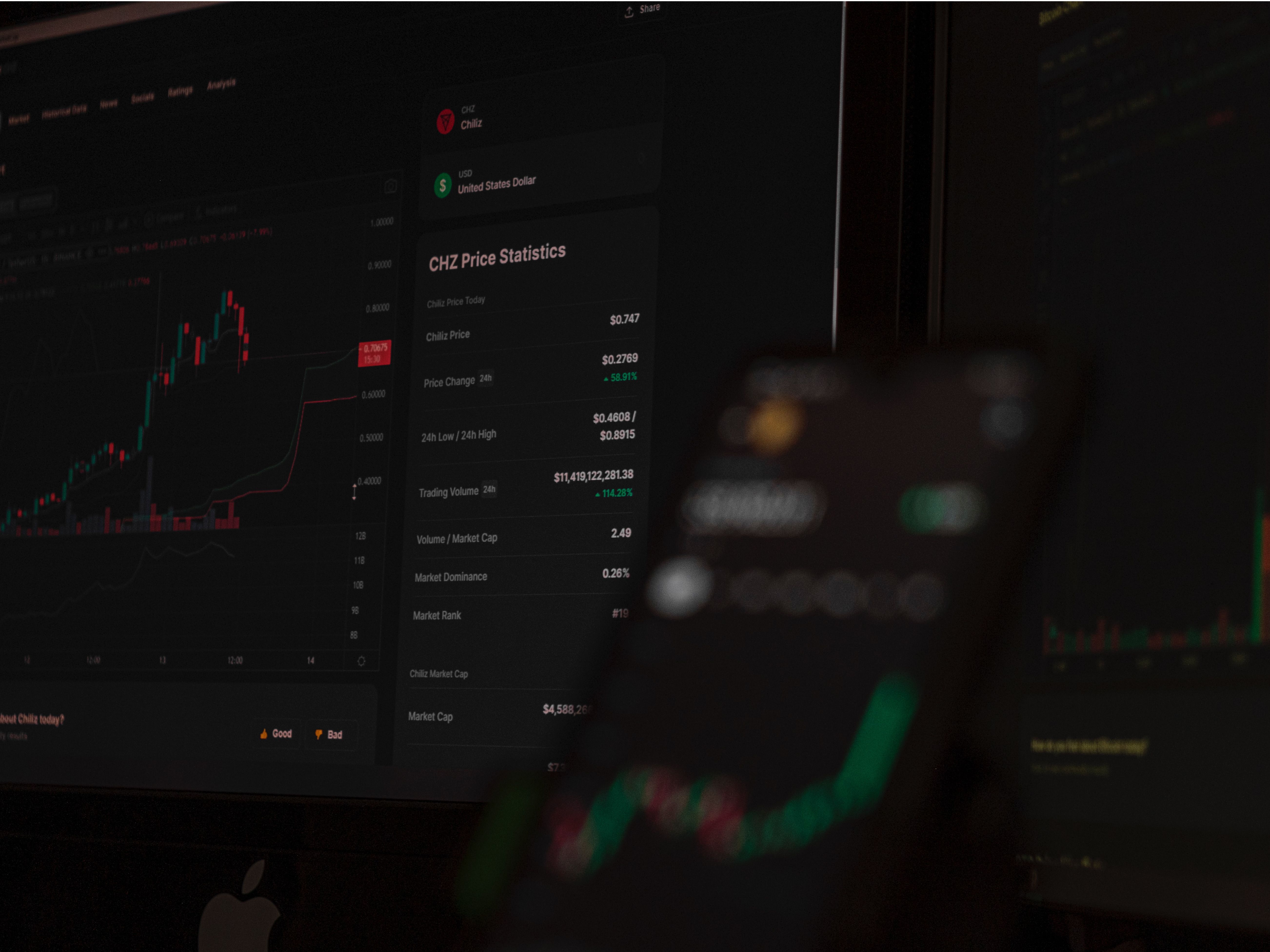Approved by curator

Added: May 19, 2023
Last edited: May 22, 2023
BinIt is using computer vision to digitize the world's circular economy. Computer vision is addressing the challenges faced by MRFs in waste management: by providing granular insights and real-time data, BinIt empowers MRF operators to optimize sorting processes, identify infrastructure issues, and improve overall efficiency in the circular economy.
Waste management and recycling facilities, known as Material Recovery Facilities (MRFs), face significant challenges in analyzing materials and maximizing their revenues. Lack of visibility into waste composition, line purity, contamination, and infrastructure issues hinders their ability to optimize operations and make informed decisions. Without granular insights, MRFs struggle to achieve efficiency and profitability in the circular economy.
BinIt, an innovative company, utilizes computer vision and intelligent analytics to digitize the world's circular economy and revolutionize waste management. Their cutting-edge AI platform empowers MRFs with comprehensive data and actionable insights at every stage of the recycling process.
BinIt's solution starts by tracking recyclables as they move through each stage of the MRF. Leveraging computer vision technology, BinIt captures real-time data on waste composition, allowing MRF operators to understand the material breakdown with exceptional accuracy. By identifying line purity by material and detecting contamination, MRFs can effectively optimize sorting processes and enhance the quality of recycled materials.
Furthermore, BinIt's platform provides a single dashboard that consolidates all relevant data. MRF operators gain access to granular insights about their streams, allowing them to track infrastructure issues and optimize the efficiency of their operations. By leveraging these insights, MRFs can make informed decisions, reduce costs, and increase revenues.
Firstly, MRF operators now have a comprehensive understanding of the materials they process. Real-time waste composition analysis enables them to optimize sorting operations, enhancing line purity and reducing contamination. This improvement in efficiency translates into higher-quality recycled materials and increased revenue generation.
Secondly, the ability to track material from the infeed to the residue lines provides MRF operators with insights into the efficiency of their entire facility. By identifying infrastructure issues promptly, they can make targeted improvements, streamline processes, and reduce downtime.
Overall, BinIt's platform enables MRFs to make data-driven decisions and optimize their operations in the circular economy. By enhancing line purity, reducing contamination, and improving efficiency, BinIt's solution helps MRF operators boost revenues and contribute to a more sustainable future.
Photo by Sajad Nori on Unsplash
